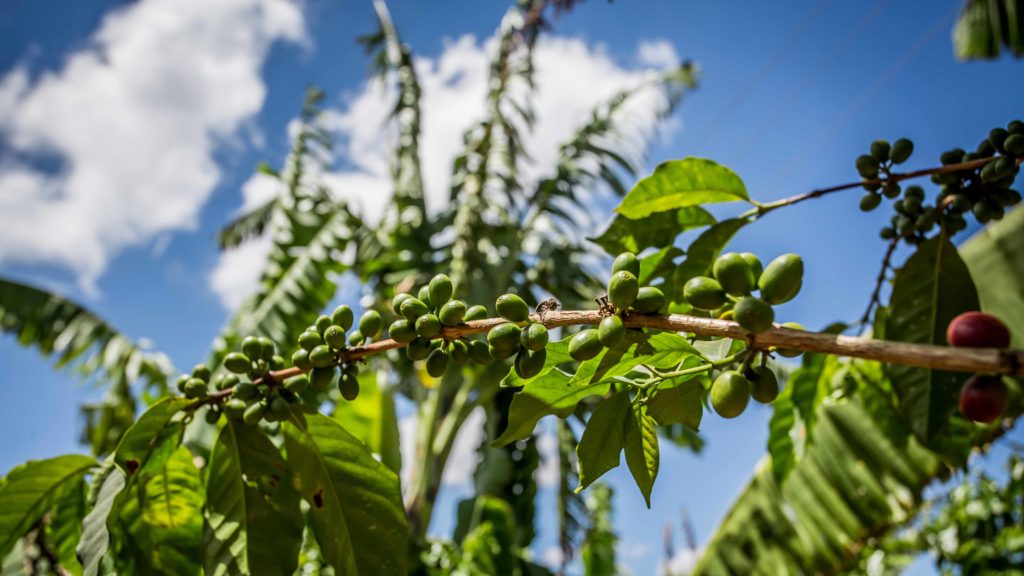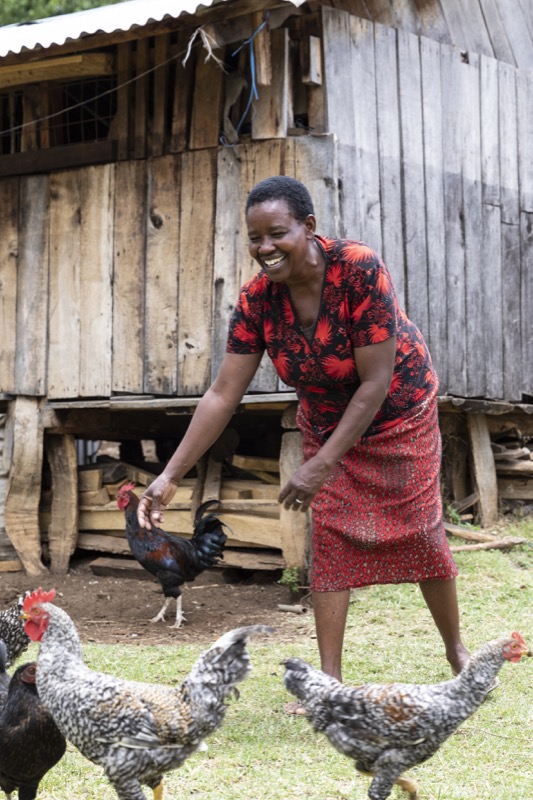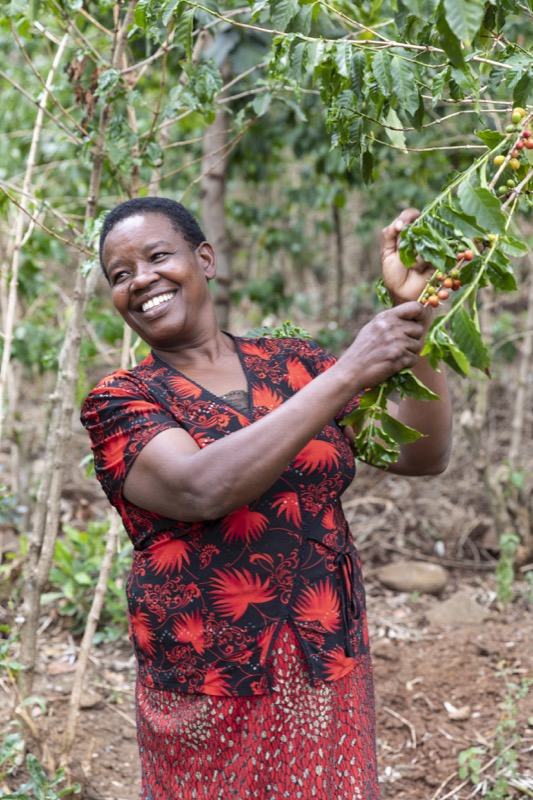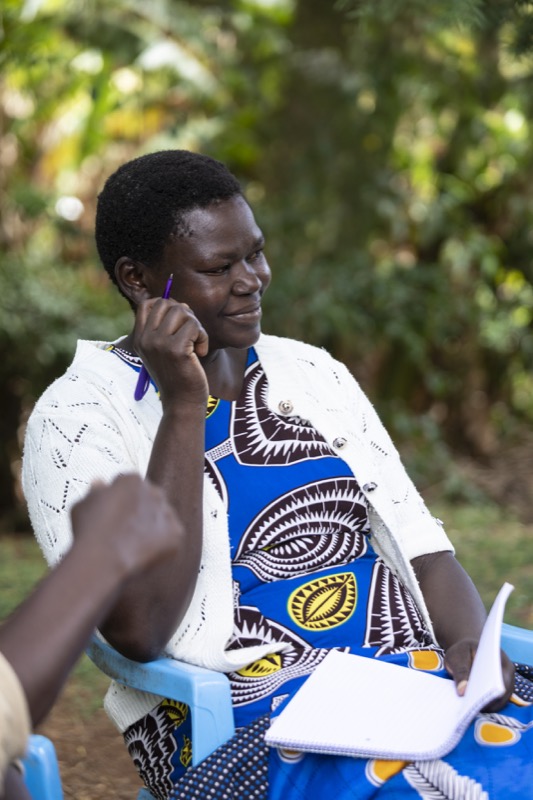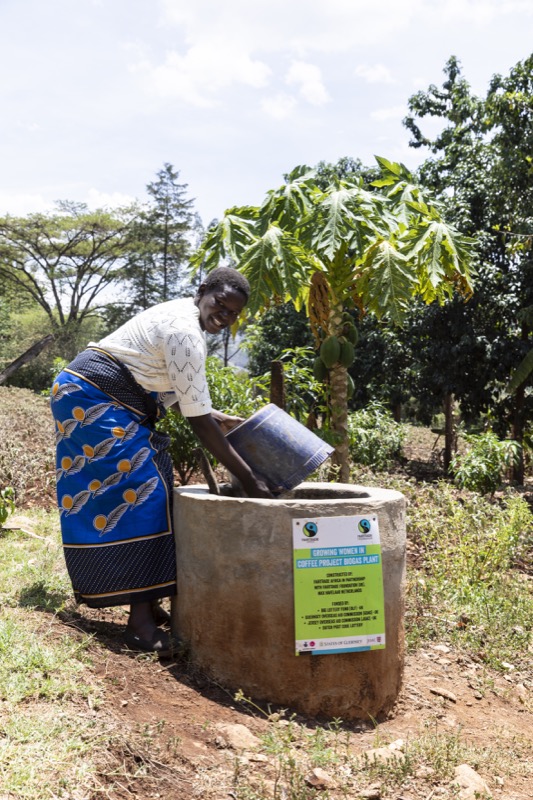Around 125 million people worldwide depend on the coffee we drink. And yet every time we lift a latte or craft a cappuccino, we probably don’t think about the journey from ground to grounds. Coaxing a crop out of some of the steepest farmland in the world is no mean feat. And that’s not all.
Coffee is a boom and bust commodity sold on a market that is inherently unstable, with widely fluctuating prices. Not only has the price been consistently low in recent years, coffee farming is getting harder as a changing climate brings extreme and unpredictable weather, more pests and faster-spreading diseases. In fact, by 2050, as much as 50 percent of the global surface area currently used for coffee farming may no longer be suitable.
And so the climate crisis is an immediate and ever-increasing threat to the livelihoods of farmers and workers across the world. As Bayardo Betanco, a Fairtrade farmer at the Prodecoop coffee co-operative in Nicaragua, says:
There is a chain on earth that starts where the producers are. They are the ones who suffer the consequences of climate change, the ones who get the least help, and carry all of the burden. It’s not fair.
Bayardo Betanco, Fairtrade Farmer, Prodecoop coffee co-operative, Nicaragua
In the coffee-growing regions of East Africa, the weather has changed dramatically in recent times. The seasons have become unpredictable and making a living from agriculture is tough when droughts, floods and extreme heat come and destroy your crops. The farmers are just about surviving, but there’s no money left over to invest in anything that would help protect from these shocks. That’s where Fairtrade’s Climate Academy comes in.
With the help of the Dutch Postcode Lottery, the Climate Academy was created to bring farmers together to share ways of adapting to climate change, to find new opportunities to earn money, and make their farms more able to withstand extreme events. Farmers pooling their knowledge and experience sows the seeds for strength and resilience in the face of a challenging future.
Working initially with Fairtrade coffee co-operatives in Kenya and Ethiopia to test ideas, Fairtrade developed a Climate Guide to support other Fairtrade coffee farmers to take inspiration and advice from each other about ways to keep growing through the climate crisis. For example, introducing new plant varieties resistant to drought, pruning, reforestation and soil management. Twenty thousand households in Kenya and Ethiopia have already felt the benefits, with projects such as tree planting, irrigation, crop diversification and clean energy.
In Kenya, Fairtrade coffee farmer Judy Ruto, from the Kipkelion co-operative, is feeling energised to take action to keep the household fed using her experience of the Climate Academy: ‘Around us we see fields where the young maize has already dried out. Even if it starts raining soon, the harvest is ruined. Maize is our staple food crop and for many families a failed maize harvest means real hunger. Luckily with the help of the co-operative and the Climate Academy we are better prepared for these types of conditions’. Judy adds that the family has bought chickens, and the next thing they’ll buy will be a cow. ‘We need it for milk and manure for the biogas installation and for natural fertiliser.’
Biogas is big round here. It’s one of the things that makes cows hot property, as the manure can generate energy. Here’s another member of the co-operative, Salina, explaining why it’s such a valuable resource. ‘Our next investment will be a cow. Through the Climate Academy we received a biogas installation. Now I don’t need to cook in the stench of smoke that caused pain in my eyes and throat. I also don’t need to stand bent over during cooking. I also feel a lot healthier.’ It’s taking the pressure off the surrounding forests too, because trees don’t need to be cut down for firewood. Proving that good relations with your neighbours are worth cultivating, Salina explains her strategy for coping until they can get that extra cow: ‘For optimal use of the system we should have another cow. Two cows is the minimum, but we only have one. Luckily I can also shovel manure at the neighbours. That helps.’
When you choose Fairtrade, you’re supporting farmers like these to join together to swap skills and knowledge, so they can fight back at the challenges the climate crisis throws their way. But while knowledge is power, a root cause of many farmers’ inability to adapt and mitigate to climate change is not having enough money. And for farmers like those at the Climate Academy, more money would mean more opportunities to put what they’ve learnt into practice.
Choose Fairtrade and you’re choosing the protection of a minimum price, the power of the extra Fairtrade Premium and built-in environmental standards. Choose Fairtrade and you’re part of a global community fighting for climate justice – and a fairer, better world.
Living with Climate change: #Fairtrade Coffee farmers attend the Climate Academy. Read the full story… #BeFairCOP26
Tweet
Read more
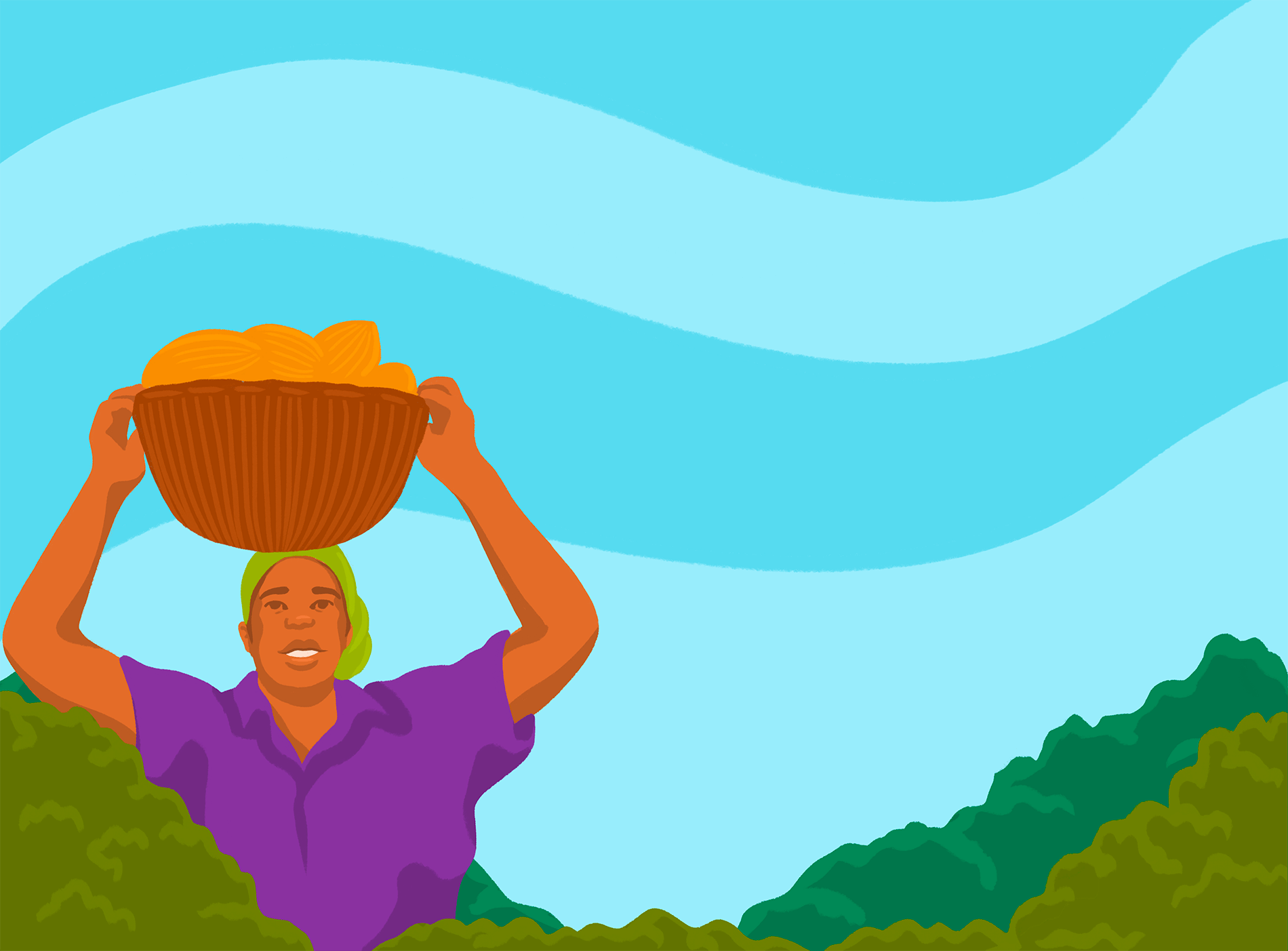
Support Fairtrade
If you’d like to support Fairtrade farmers and workers on the front line of the climate crisis, we welcome your donation.
Thank you.
